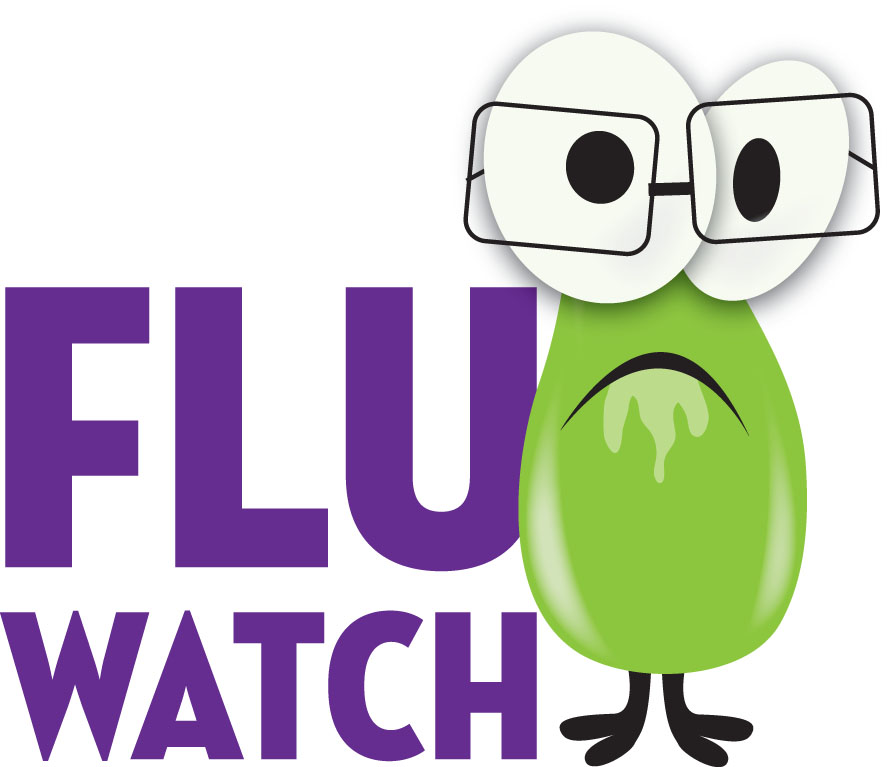Contact: Maridith Geuder

STARKVILLE, Miss.--Coinciding with the arrival of students moving into residence halls Aug. 8, Mississippi State University is launching a major health awareness program to emphasize precautions that can help prevent H1N1 and seasonal flu.
Sponsored by the university's Crisis Action Team and the Division of Student Affairs, the "Flu WATCH" campaign uses an acronym to highlight specific flu-prevention techniques.
"Flu WATCH will provide an easy way to remember the simple steps we all can take to minimize risk of infection," said Bill Kibler, vice president for student affairs.
Mississippi State has reported six H1N1 cases over the summer, while Mississippi has recorded more than 250 cases statewide. Nationwide, more than 43,700 cases have been confirmed, with more than 350 deaths.
The "WATCH" acronym includes:
--Washing hands often with soap and water; or, when not available, an alcohol-based gel.
--Avoiding close contact with others showing signs of illness.
--Tossing tissues in the trash after one use.
--Coughing or sneezing into a tissue or your arm rather than your hands.
--Hibernating if sick to avoid contaminating colleagues and classmates.
"We're spreading the word through door hangers and magnets in residence halls, posters around campus, banners in high-traffic locations, reminders on restroom mirrors, a Web site, shuttle bus advertisements, and public service announcements on our campus radio and television station," Kibler said.
The Centers for Disease Control has declared H1N1 a pandemic, giving it the highest alert level of six, an indicator of the number of cases worldwide rather than the severity of the illness.
An H1N1 vaccine under development is expected to be available nationally beginning in September, and with the flu season approaching, state and MSU health officials are urging the personal precautions that help keep germs at bay.
"I'm predicting that seasonal flu may be even earlier this year, and possibly as early as one- to-two weeks after the beginning of the fall semester," said Dr. Bob Collins, director of University Health Services at MSU. The Longest Student Health Center will hold its annual campus clinics to provide seasonal flu vaccinations in October and November and hopes to include the H1N1 vaccinations in the latter.
"Fortunately, young adults have been designated one of the first groups to receive the vaccine," Collins said.
In addition to other awareness steps, MSU's Longest Student Health Center also will provide thermometers to students to help monitor temperatures, if ill. Fever, especially one reaching 100.4 or higher, can be an indicator of the flu, Collins explained.
"Other symptoms include cough; sore throat and runny nose; body aches, chills, and fatigue; and occasionally, diarrhea and vomiting." He adds that those who are pregnant or who have chronic illnesses such as asthma and diabetes should seek immediate medical attention if experiencing the symptoms.
"Typically, the symptoms persist for seven days, and we urge folks to stay home and rest until fully recovered," Collins said.
During the week of Aug. 10, student volunteers from the university's Appalachian Leadership Honors Program will be disseminating Flu WATCH materials around campus, with the assistance of Facilities Management employees. A campus media campaign will launch simultaneously. Artwork for the campaign was developed by graphic design student Rebecca Long of Brandon, an intern in the Office of University Relations.
"This is a coordinated, campus-wide effort in which we're asking everyone to be a part of trying to keep the Mississippi State family healthy," Kibler said.
For more information, see www.flu.msstate.edu.
For more information about Mississippi State University, see http://www.msstate.edu/.